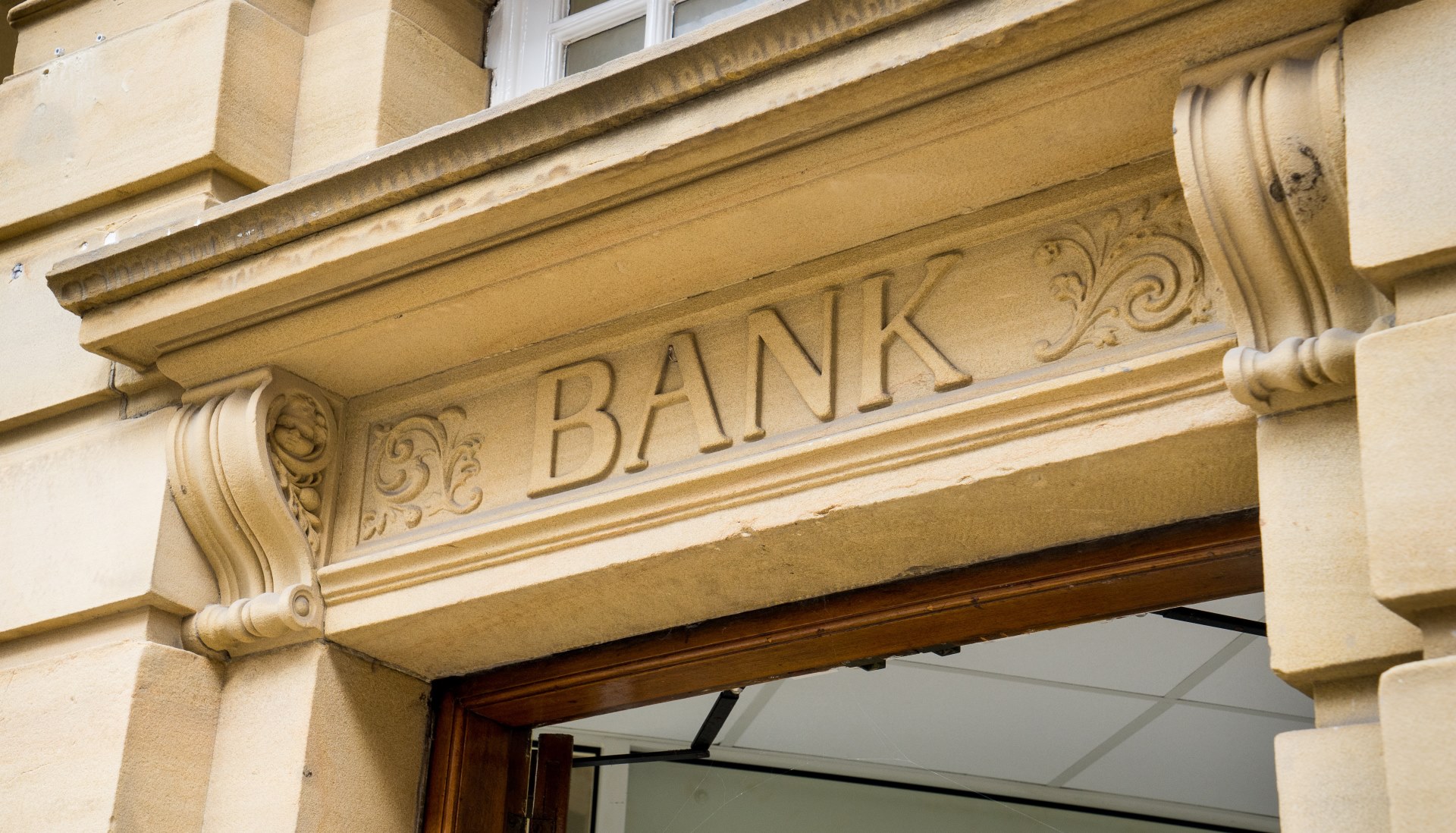Weekly Briefing: UK inflation slows to 6.8%, global unicorn creation remains subdued & housebuilder share prices rally
In this week's briefing, we delve into pivotal economic developments, encompassing inflation dynamics, global market shifts, taxation trends, impact investing, venture capital, private equity, and the property sector. Our analysis navigates the dynamic financial landscape, offering an exploration of trends and trajectories with the potential to significantly influence the UK's finance and investment landscape.
UK economy
Inflation slows to 6.8% but economy still faces ‘very real risk’ of recession
- The Office for National Statistics (ONS) said Consumer Price Index (CPI) inflation was down to 6.8% in July from 7.9% in June. This represents the lowest level in 17 months.
- Despite this fall, Britons are still experiencing a rise in the cost of living, with inflation significantly above the Government’s 2% target.
- Economists have warned that the UK economy faces a “very real risk” of recession due to higher interest rates, with rates expected to increase from the current rate of 5.25% (a 15-year-high) to 5.5% in September.
- Financial markets have forecast the Bank Rate could peak at around 6% at the start of 2024.
- George Bibb, Head of the Institute for Public Policy Research (IPPR)’s Centre for Economic Justice, stated:
It’s good news that headline inflation is lower, especially with energy bills coming down, but there is a very real risk that a recession may soon overtake price rises as the main economic concern. Other countries have brought inflation under control quicker than in the UK, with more support for households and workers.
- The Bank of England is currently projecting inflation to fall to around 4.9% in the last three months of the year.
Global economy
Deflation in China: what does this mean for the global economy?
- China has recently reported deflation, with prices falling by 0.3% in the year to July, and Chinese factory goods prices were 4.4% lower in July than a year earlier.
- European countries may benefit from a weaker Chinese economy that places less competition on supplies of natural gas as it adjusts to moving away from reliance on Russian supplies.
- This could help to keep downward pressure on prices in the developed world, but it also underlines the need for more meaningful fiscal support in China.
- Many factories in China that expanded to meet surging Western demand in 2021 and 2022 are now facing reduced export demand.
- Domestic consumers have not filled this gap, leaving some businesses with excess inventories which they have tried to shift by cutting prices (China’s electric vehicle makers have marked down prices for this reason, and also in response to Tesla’s price cuts).
- Despite weaker demand, China remains on track to meet the government's 5% economic growth target this year.
UK tax update
Record UK capital gains tax figures released
- Recently released data reveals the 2021/22 tax year was a record year for capital gains tax (CGT) in the UK – both for the amount of capital gains reported and the tax gathered from these gains.
- £16.7bn was owed in CGT by 394,000 taxpayers on £92.4bn of gains in the UK in the 2021/22 tax year.
- This represents a considerable 15% increase in both CGT and gains from the previous year, while the number of taxpayers grew by a huge 20%.
- The tax take from CGT is only likely to get sharper as we consider the changes to the Annual Exempt Amount (AEA) for capital gains tax.
- From £12,300 in the 2022/23 tax year, the AEA reduced dramatically to £6,000 in April 2023 and will further drop to £3,000 from April 2024.
- This reduction could significantly boost the CGT take in future years, as taxpayers will have a significantly lower threshold before becoming liable for CGT.
- As we look to the future and the prospect of these figures growing even larger it becomes crucial that taxpayers utilise the tools available to them such as maximising ISA and pension allowances and considering other investment routes such as the Enterprise Investment Scheme (EIS) and Seed Enterprise Investment Scheme (SEIS).
Impact investing
Place-based impact investing: a win-win for communities and investors?
- Impact investments aim to deliver competitive financial returns as well as a positive social and/or environmental impact, and opportunities can address a range of pressing challenges, from sustainable agriculture to financial inclusion.
- According to The Good Economy, place-based impact investing (PBII) has the same broad intention as other impact investments, but has “…a focus on addressing the needs of specific places to enhance local economic resilience, prosperity and sustainable development.”
- In the UK, this style of investing can often be most needed, and effective, in post-industrial areas, rural communities, and coastal areas.
- Property is one asset class that is particularly aligned with impact – 1.2m households in England alone are now on waiting lists for homes.
- Investing to increase the supply of appropriate and affordable social housing can have a direct positive impact on many individuals and wider communities.
- However, traditional providers of social and affordable housing are largely constrained from delivering new homes. Many need to build up reserves to meet rising interest rates while facing increasingly stringent building standards and imminent asset decarbonisation bills. This creates a need to form partnerships with private capital to deliver new homes where they are most needed.
- Successfully deployed, PBII can improve the lives of those who reside and work in certain communities, and deliver a wider positive impact on economic prosperity.
Venture capital
Global unicorn creation remains largely flat, with little sign of picking up
- Only three startups crossed the billion-dollar valuation threshold in July 2023.
- This means, over halfway through the year, 2023 is on track to record the fewest new business unicorns since 2017.
- January was the only month in 2023 to see unicorn creation reach double digits.
- Notably, all of July's new unicorns are in the information technology industry, with advertising software provider Madhive raising $300m from Goldman Sachs Asset Management, garnering the startup its $1bn valuation.
Private equity
Private equity groups back UK healthcare as NHS waiting lists grow
- Private equity firms have bought dozens of UK healthcare companies including ambulance fleets, eye-care clinics, and diagnostics businesses over the past two years as they seek to capitalise on spiralling NHS waiting lists.
- Private equity firms have struck 150 deals for UK healthcare companies since 2021, according to consultancy LaingBuisson, with the past two years being the highest in terms of volume since 2014.
- Investment is tracking a similar level this year with 25 deals already agreed, defying a wider slowdown in mergers and acquisitions.
- Tim Read, director of research at LaingBuisson, said private equity firms were increasingly buying up “organisations that are an integral part of healthcare delivery”.
- Subsequent governments significantly expanded the role non-NHS providers played, creating a stable environment that encouraged private investment.
- The private sector argues it is an important source of extra capacity for the NHS as it struggles with staff shortages and a record waiting list of almost 7.6mn patients.
Property
UK housebuilders and property developers rally
- Housebuilding and real estate shares have been topping the FTSE 100 and FTSE 250 leaderboards after it was announced that UK inflation eased.
- Leading the blue chips, Persimmon PLC was up 6.5% in morning trading, followed by Barratt Developments PLC and Taylor Wimpey PLC, both up more than 5%, with Berkeley Group Holdings PLC rising 3.7%.
- On the mid-cap index, London property developers Great Portland Estates and Derwent London PLC sat atop the list, up 8.7% and 7.6% respectively, with British Land Co PLC not far behind.
- The housebuilding sector is trading at a one-month high, pointed out Market Analyst Neil Wilson at Finalto, “as yields come back down and the market reprices more sensibly for how high the Bank of England goes with rates.”
- Danni Hewson, Head of Financial Analysis at AJ Bell, said: “Investors are taking the view that if inflation is on a sustained downward path, then the Bank of England might be less eager to keep pushing up interest rates. The market is desperate for that pivot moment where central banks call the end to the current rate rise cycle."
A final note
While challenges persist, the UK's finance and investment landscape brims with potential. By navigating shifting dynamics, embracing strategic planning, and fostering innovation, there is ample room for growth, resilience, and positive change. As we continue to monitor these developments, we remain optimistic about the opportunities that lie ahead.
%20(3)%20(2).jpg)








